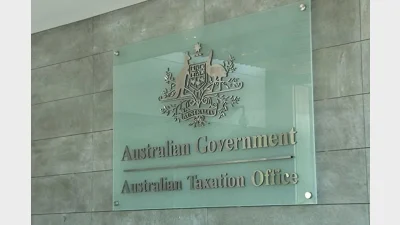(February-2003) Watson pushes for portability
The Chair of the Senate Select Committee on Superannuation, Senator John Watson, has urged the Government to take immediate steps to introduce portability — a move which would enable super fund members to consolidate their accounts and to avoid paying duplicate fees and charges.
Portability would allow members to transfer existing super fund balances and is different to the Government’s choice-of-funds proposals which relate to contributions made initially on behalf of new employees.
The Government released an issues paper on the portability of super last year during the Senate Select Committee’s inquiry into choice-of-funds, outlining plans to allow the balance of existing funds to be transferable by July 2004.
But Watson says: “While the Senate Select Committee would prefer to see legislation enacted to enable portability of funds, there is now such an urgent need that regulatory options would be acceptable.”
He adds: “While it was planned for portability to follow choice, the roadblocks have now changed the environment for an immediate move to choice through the mechanism of portability of existing balances, amounts which are often in numerous funds separately attracting fees and charges.
“Considering that negative returns have affected most Australian superannuation members in the last year, it is imperative that the Government implements an effective form of choice that has widespread acceptance within the superannuation community.”
Recommended for you
The responsible investment body is warning that a one-size-fits-all ESG framework mirroring those in the UK and the EU could do more harm than good.
Australian super funds are monitoring the US closely as President Donald Trump increasingly intervenes in corporate policy, moves that are reverberating through global markets and prompting reassessments of portfolio risk.
Industry fund HESTA has filed an appeal against an ATO decision on tax offsets from franking credits, with the Australian Retirement Trust set to file a similar claim soon.
The latest superannuation performance test results have shown improvements, but four in 10 trustee-directed products continue to exhibit “significant investment underperformance”, warns APRA.











